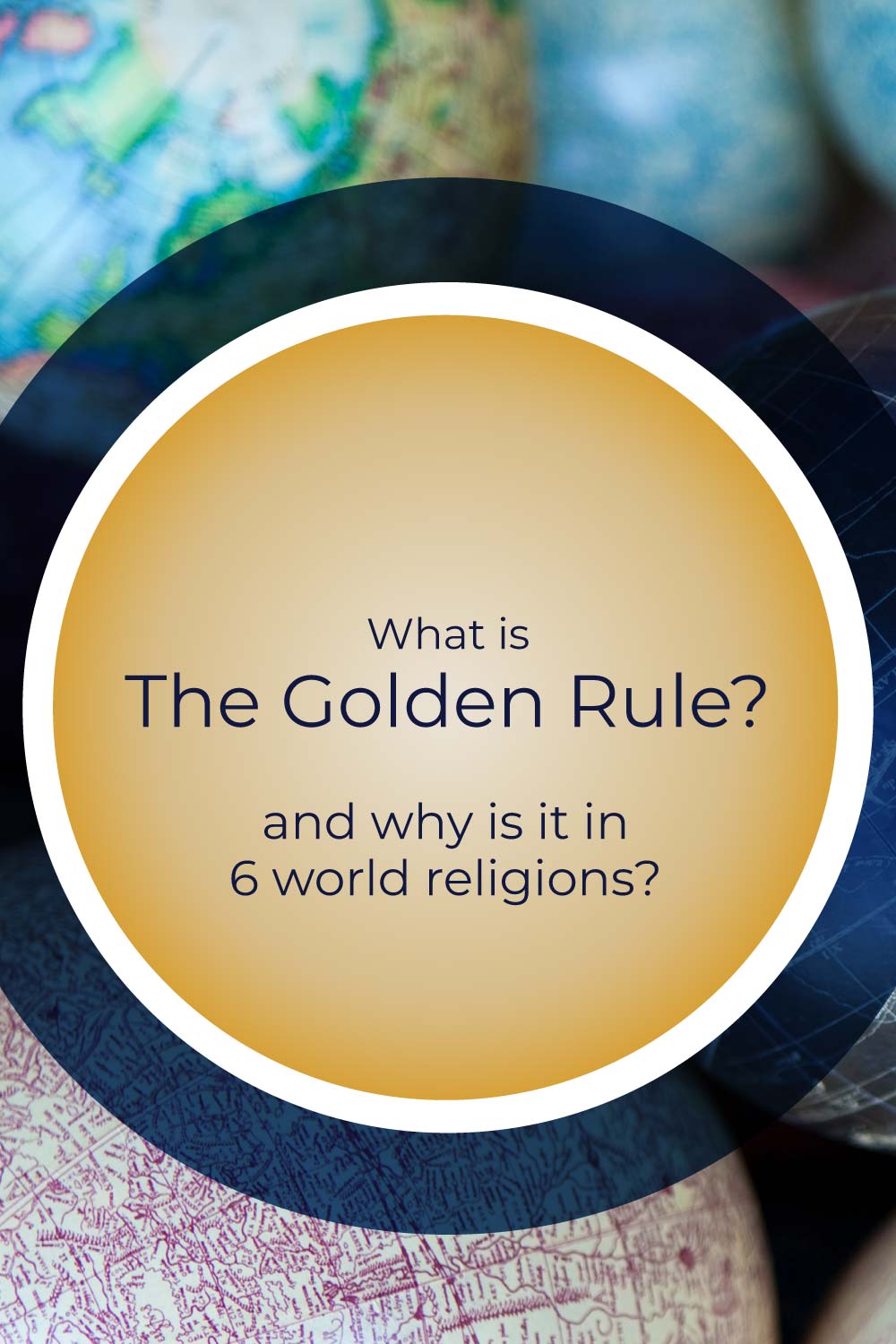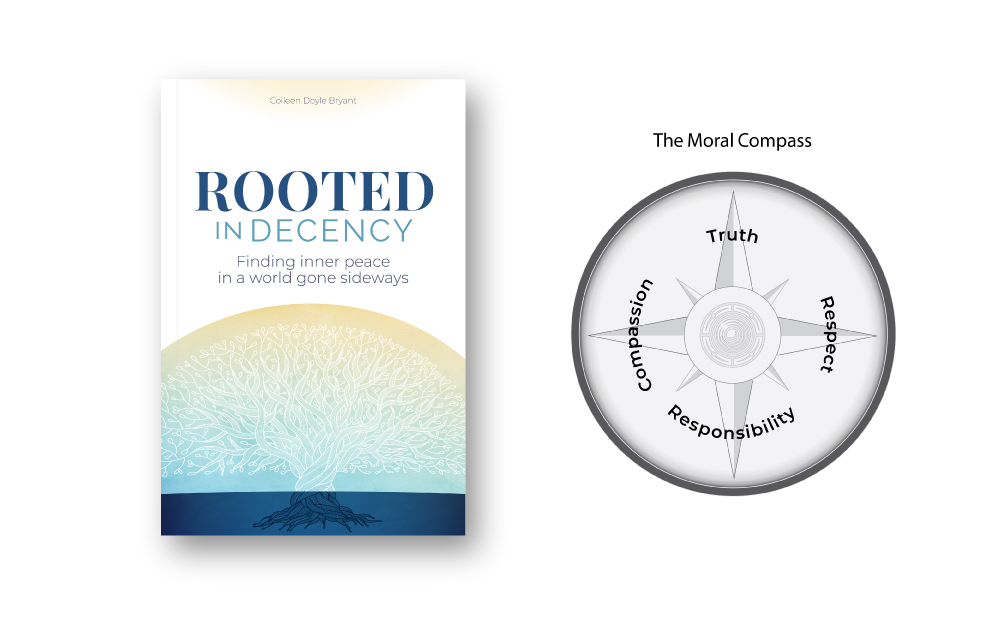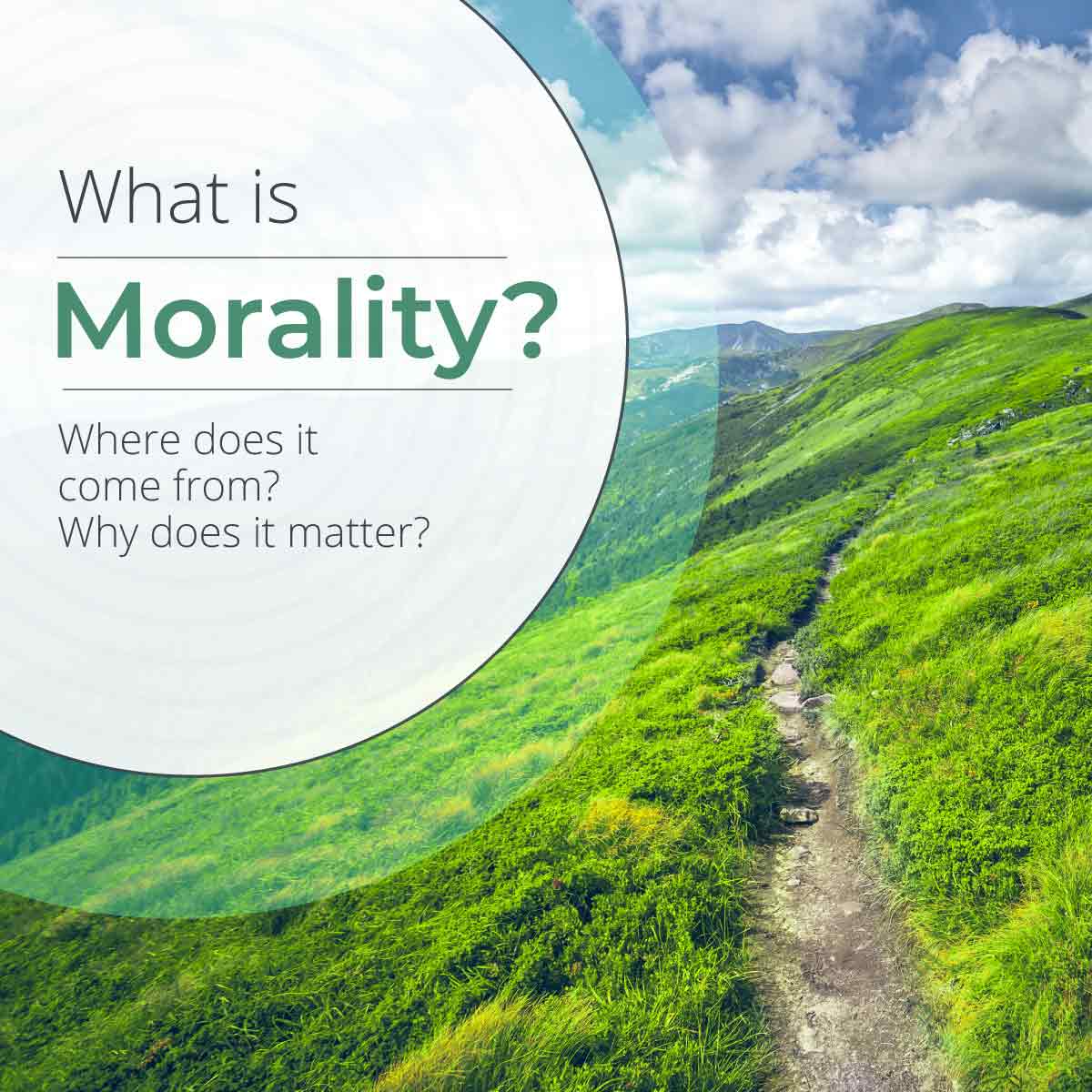
Maybe you’ve heard versions of the Golden Rule like the classic: “Do unto others as you would have them do unto you.” Despite the biblical sounding wording, the Golden Rule is not exclusively from the Bible. If you’re wondering where the Golden Rule came from, versions of the Golden Rule actually appear in all the world’s major enduring religions. Read on to see how the Golden Rule sounds in belief systems including Hinduism, Judaism, Confucianism, Buddhism, Islam, and Christianity
The Golden Rule:
A common way of saying the Golden Rule is: "Treat others the way you would like to be treated."
Different versions of the Golden Rule exist in all the world's major enduring religions and you can scroll down to see them all.
Why the Golden Rule is important

The Golden Rule is a fundamental guideline that helps people live well together in a society. As early societies evolved and expanded, people needed to be able to live and work with people they didn't know personally. The moral codes in the world's religions / belief systems helped people to know what the rules were so even people who didn't know each other personally could still predict how other people would act. A version of The Golden Rule appears in all the moral codes of the the world's major enduring religions showing how fundamental it is to a society that people treat each other with the respect and fairness they'd like in return. The book, Rooted in Decency, explains why the Golden Rule is important and where it comes from:
"Moral values grew out of a need for ground rules that helped humans establish the trust, fairness, and reciprocity people needed to cooperate and flourish together. It’s no surprise then that the world belief systems all included a version of the ultimate ground rule, a.k.a The Golden Rule—to treat people the way you’d like to be treated. The Golden Rule is fair. It supports reciprocity. It invites trust. Communal life is possible when we share an unspoken agreement to treat each other and our principles with the respect we’d like in return.” (from Rooted in Decency, by Colleen Doyle Bryant)
What are the versions of the Golden Rule in the world’s religions?
While researching the book Rooted in Decency, I came across many internet sites that noted versions of the Golden Rule, but they weren’t always accurate in the phrasing or the source. So I traced the references back to the original sacred texts. In the versions of the Golden Rule below, you’ll find the correct phrasing and sources to validate the Golden Rule in six world religions / belief systems.
Shared Values
The Golden Rule isn’t the only thing the world belief systems have in common. Despite being developed over thousands of years in different places around the globe, the world’s religions also share core moral codes that emphasize similar essential values to guide human behavior toward well-being and to keep society stable. See which values the world's religions have in common here.
Versions of The Golden Rule in World Religions
Hinduism
One should not direct towards someone else what is unpleasant to oneself.-- (Mahabharata Udyoga Parvan 39.57)
Judaism
Love your neighbor as yourself.-- (Leviticus 19:18)
Confucius
Do not impose upon others what you yourself do not desire.-- (Analects 15.24)
Buddhism
Hurt not others with what pains yourself.-- (Udanavarga 5,18)
Christianity
So whatever you wish that others would do to you, do also to them.-- (Matthew 7:12)
Islam
None of you will have faith until he loves for his brother what he loves for himself.-- (Sayings of The Prophet Muhammad)
Sources
Hinduism : Bakker,F. (2013). Comparing the Golden Rule in Hindu and Christian Religious Texts. Studies in Religion/Sciences Religieuses, 42(1), 38-58. https://doi. org/10.1177/0008429812460141
Judaism and Christianity: English Standard Version Bible, The Bible Gateway, 2021.
Confucius: Confucius, Analects: With selections from traditional commentaries (E. Slingerland, Trans.) (Hackett 2003, Originally published n.d.).
Buddhism: Dharmatrata (Ed.), Udanavarga: A collection of verses from the Buddhist Canon. W. Rockhill (Trans.) Trubner, 1883.
Islam: Justin Parrot, Can a “good Muslim” be a “bad person”? Aligning faith and character, Yaqeen Institute for Islamic Research, 2019 July 3. See note 26 per the PDF version of the article which cites the sunnah in Sahih al-Bukhari, 1-12 #13.
Still have questions? Part 3 of Rooted in Decency is a great book for understanding the Golden Rule and the core values that help us find well-being. Written in an understandable, conversational tone, it explores why we choose to act decently to each other, where our moral values come from, and how we can define a modern moral compass to negotiate today’s complex moral issues.
Note, this page contains affiliate links.








